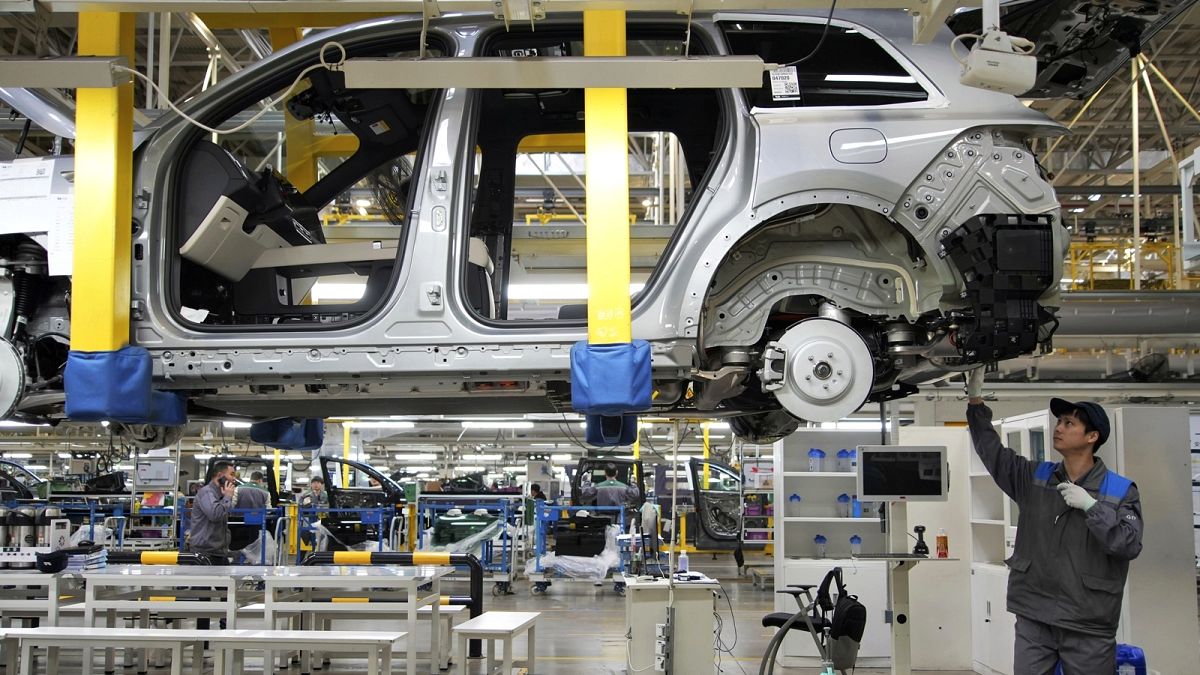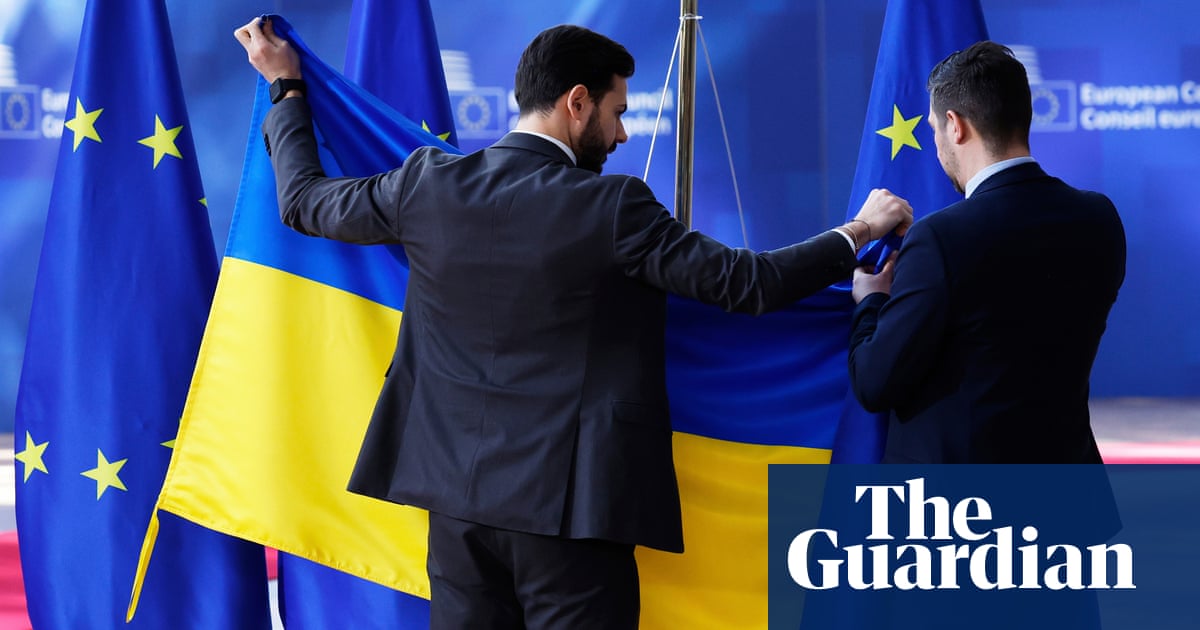China won’t ‘sit back and watch’ if EU slaps tariffs on electric cars

Brussels worries that the steady rise in imported Chinese electric vehicles could trigger an irreparable loss of competitiveness in the growing sector.
China has issued a new threat against the European Commission’s anti-subsidy investigation into imported electric vehicles (EVs), which could result in additional tariffs to offset the suspected use of state aid.
China-made EVs are sold across the bloc at considerably lower prices than their European competitors, a gap that Brussels links to the generous financial assistance injected by the Chinese government into domestic firms.
The probe, announced in September last year, is nearing the completion of its first phase and provisional duties could be announced as soon as next month. The EU currently applies a 10% levy on all imported cars, regardless of their provenance.
The initial deadline of 5 June, though, has been delayed until sometime after the elections to the European Parliament, according to Reuters and Der Spiegel.
Still, the Chinese Foreign Ministry is raising the tone in an attempt to dissuade the Commission from moving forward with its plans, which it deems “protectionist.”
“China urges the EU to stop the investigation as soon as possible so as not to disrupt China-EU economic and trade cooperation and the stability of industrial and supply chains,” the ministry’s spokesperson, Mao Ning, said on Thursday.
“If the EU insists on continuing with the investigation, China will not sit back and watch. We will take every necessary measure to firmly safeguard our lawful rights and interests.”
The China Chamber of Commerce to the EU (CCCEU) previously said that, if the extra tariffs go ahead, the country could retaliate by raising its duties on imported large-engine vehicles to a maximum of 25%, which would affect some European carmakers that depend on the Chinese market.
Beijing may also target sales of French brandy, having opened an anti-dumping probe earlier this year. France is considered one of the strongest supporters of the EU inquiry.
The spectre of Chinese retaliation could weigh heavily in the mind of member states, who would have to approve any hike in duties by a qualified majority.
Ahead of a meeting of trade ministers in Brussels on Thursday, the envoys of Sweden and Ireland expressed reservations about the Commission’s line of action, underscoring the importance of maintaining free and open markets.
“From a general perspective, and I say this all the time, we’re a bit skeptical, we don’t want to engage in any kind of trade war,” said Sweden’s Johan Forssell.
“Obviously, it’s a problem what’s happening in China but there are also risks when it comes to having this kind of tariffs,” he added.
Germany, a world-leading car exporter, has also expressed doubts while Hungary, which is keen to attract Chinese investment, is adamantly opposed.
Asked if the Commission was losing political backing as the deadline neared, Executive Vice-President Valdis Dombrovskis said the investigation was “running its course” and any potential duty would be calibrated according to evidence collected from the ground.
“It’s a facts-based investigation,” Dombrovskis said. “We still consider it’s important to move forward and ensure that we are levelling the playing field in this important area of competition, in a sense using our rights to defend ourselves against market distortions.”
The Commission estimates that Chinese brands, such as BYD, Nio and Xpeng, have already captured 8% of the European market for electric cars, up from 4% in 2021, and could jump to 15% in 2025 if the trend continues uninterrupted.
A report by Rhodium Group indicates that EU imports of China-made EVs have ballooned from $1.6 billion (€1.5 billion) in 2020 to $11.5 billion (€10.6 billion) in 2023. The report expects duties to be imposed in the “15-30% range” but warns that Chinese brands have sufficient space to adjust their pricing and resist the increase.
By contrast, the US administration recently announced a hike of 100%, piling pressure on Brussels to take a stronger stance.
Related
Zelenskyy reiterates call for air truce after huge Russian attack…
We need Russia to stop attacks, Zelenskyy says, backing calls for truce in air, at seaUkrainian president Volodymyr Zelenskyy has responded to overnight attacks
Europe scrambles to rearm as Trump threatens security guarantees and…
CNN — European leaders have vowed to rearm the continent at historic emergency talks h
Russia launches ‘massive’ attack on Ukraine after Europe rushes to…
Ukraine's energy and gas infrastructure came "under massive missile and drone shelling" by Russia on Friday, a Ukrainian minister said."The energy and gas infra
American severance may be averted, but Europe’s leaders must fear…
With a mixture of regret, laced with incredulity, European leaders gathered in Brussels to marshal their forces for a power struggle not with Russia, but with t












